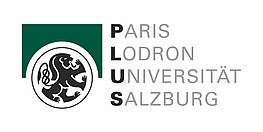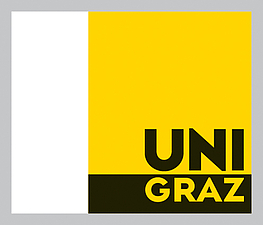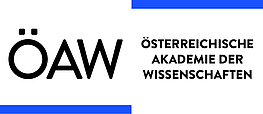Quasi-Monte Carlo Methods: Theory and Applications
FWF Special Research Program (SFB)
QMC Methods: Theory and Applications
By ''quasi-Monte Carlo (QMC) methods'' we understand all methods in which most carefully chosen quasi-random-point sets are used to carry out simulations in the framework of sophisticated and highly developed modeling environments, to obtain quantitative information in different branches of applications.
The further study and development of QMC methods therefore requires
- the generation, investigation, and analysis of distribution properties of finite or infinite sequences in all kinds of regions
- the development, investigation, and analysis of suitable theoretical models on which the applications of the QMC methods are based, and in particular the derivation of error bounds for QMC methods in these models
- the efficient implementation of the theoretical models and of the algorithms for the generation of the (sometimes very large and high-dimensional) quasi-random point sets, and the provision of sophisticated software
- the concrete application of the QMC methods in different areas, the discussion of the implications and of the performance of the applied QMC methods
Consequently, many different branches of mathematics are involved in the comprehensive investigation and development of QMC methods, most notably number theory, discrete mathematics, combinatorics, harmonic analysis, functional analysis, stochastics, complexity theory, theory of algorithms, and numerical analysis. Furthermore, profound knowledge of the branches of applications in which the QMC methods are intended to be used is necessary.
The theory and application of QMC methods is a modern and extremely lively branch of mathematics. This is demonstrated by an enormous output of research papers on this topic in the last decades, and by the great and growing success of the series of the international conferences on ''Monte Carlo and Quasi-Monte Carlo Methods in Scientific Computing'' (MCQMC), which started in 1994 in Las Vegas and was most recently held in Sydney in 2012.
The Austrian research groups initiating this SFB play leading roles in the development of QMC methods. It is the aim of this SFB to intensify the cooperation both between these research groups and with their international partners, to promote new directions and new developments within the theory of QMC methods and their applications, and to train a new generation of highly talented young researchers to carry out research work in the field of QMC methods.
Please find more details about the project here [PDF].







